MONTREAL – As a radio traffic reporter, Marc Fortin knows where he’d rank bridges in terms of congestion.

“Champlain is probably the worst bridge during the morning and the afternoon,” said Fortin, a traffic reporter with 98.5fm. “One stalled car on Champlain and it’s finished for the next hour. and sometimes for the rush hour.”
In this light, the province has announced a new light rail line to run along the replacement to the ageing Champlain Bridge, which would be an electric train to be run by the Agence métropolitaine de transport (AMT).
According to the AMT, the line will be seven or eight stations, and run for at least 15 km.
But the cost — and especially how it will be paid for — remains an issue, although some think it shouldn’t be.
“The financing issue should not derail the time frame for delivering the bridge,” said Michel Leblanc, the head of the Montreal Board of Trade.
When the Champlain Bridge opened more than 50 years ago, there were around 5,500 cars using it. Now it’s Canada’s busiest span, used by over 160,000 vehicles a day.

Get daily National news
Years of neglect have made the bridge a liability and it has been a political football for some years between municipal, provincial and national governments.
“Our position is that they should share in the cost of the infrastructure,” said Jean-François Lisée, Quebec’s minister for Montreal.
Both projects – the new bridge and the light rail – are slated to start in 2016 and are expected to finish in 2021.
“Now that the commitment is there, of course we need the funding to put it in place,” said Montreal Mayor Michael Applebaum. “But I think that we’re going in the right direction.”
The plan for a light rail has garnered support from the City of Montreal, and the federal government has indicated it is open to contributing funds to it – with conditions.
And here lies the rub. The federal government has insisted that a toll regime is the only acceptable option for paying for the new span, but how that will finance the rail line is up in the air.
Add to this the fact that costs for the bridge and the new rail line are unclear. Estimates for the rail line range from $1 billion to $2 billion, and when the replacement bridge project was announced recently, it had a projected cost of $5 billion.
“The government of Quebec will need to prioritize the project under our infrastructure programming,” a spokesperson for Transport Minister Denis Lebel wrote in an email.








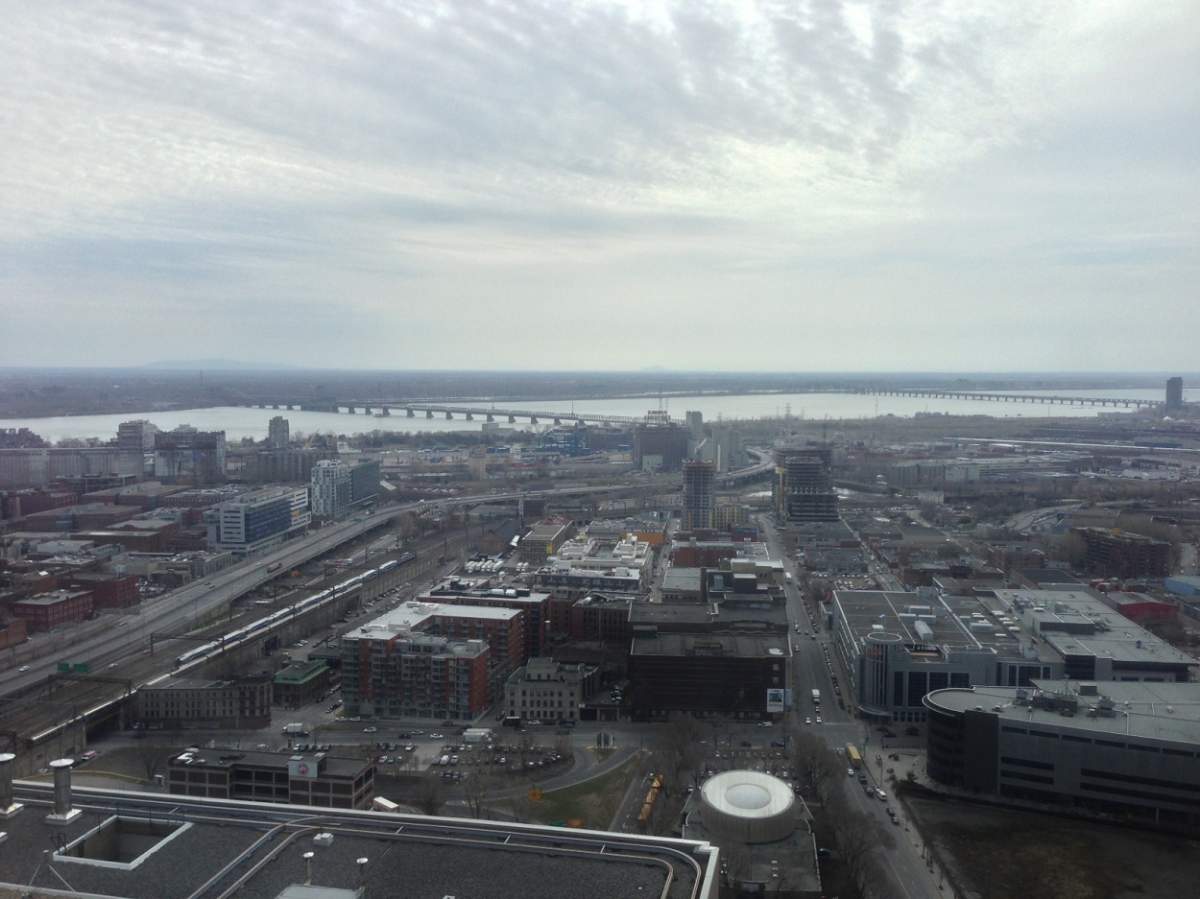



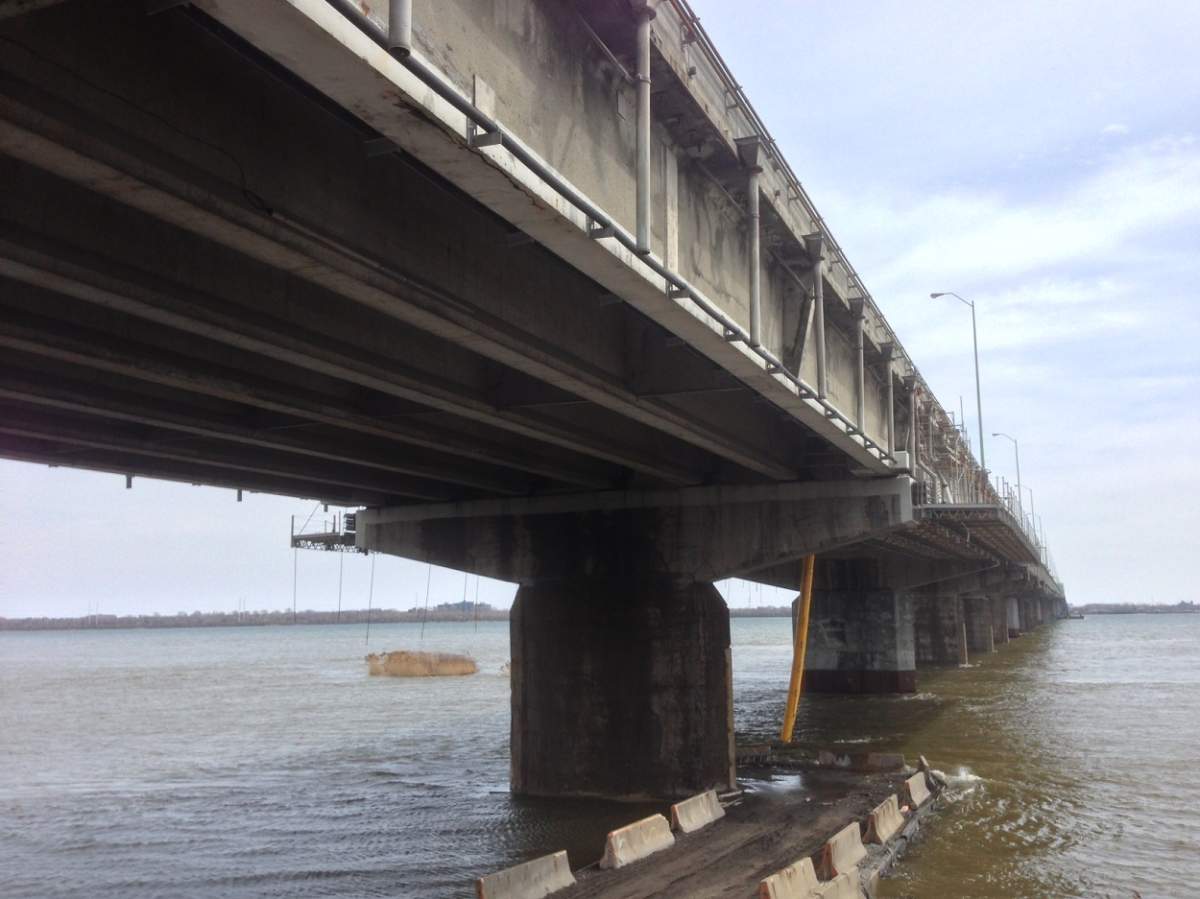

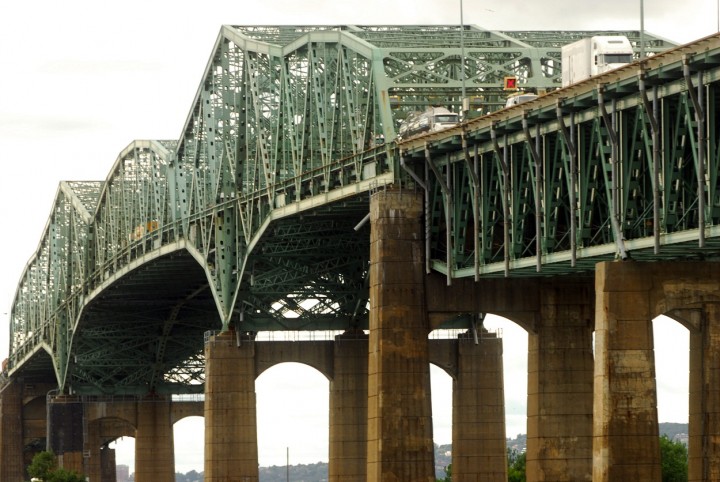

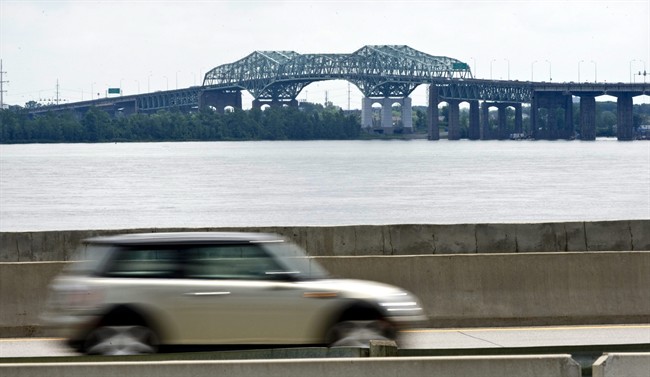

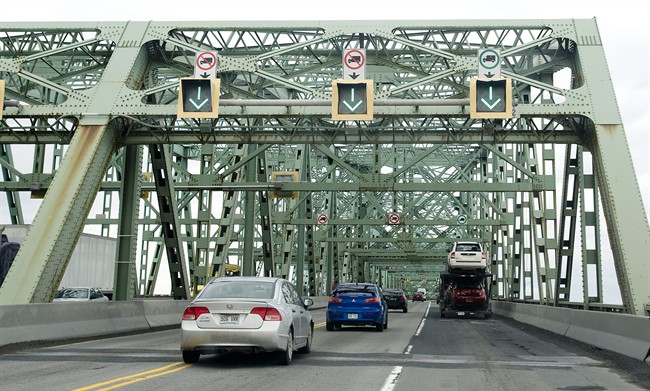
Comments